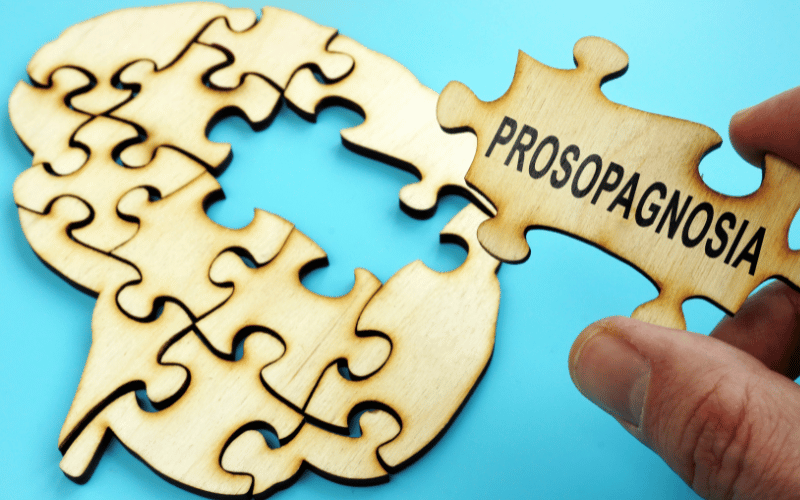Introduction: Understanding Prosopagnosia

Prosopagnosia is an intriguing neurological condition that escapes the understanding of many. It’s not just about forgetting someone you met recently at a party. It goes beyond that. It’s about looking into the eyes of someone you’ve known for years – perhaps a family member, a close friend, or even seeing your own reflection – and not recognizing the face staring back. It’s a disconnect between sight and memory, the inability to link a familiar face to the emotions, memories, and experiences associated with it.
But what leads to this? While the intricacies of the human brain are vast and complex, prosopagnosia is often associated with damage or abnormalities in a particular region of the brain: the fusiform gyrus. This section of our grey matter is instrumental in recognizing faces. Yet, for some, it remains a puzzle, an unsolved mystery of why they were born with this condition or developed it later in life. The manifestations of prosopagnosia can vary. Some might struggle only with recognizing faces, while others could have difficulties with places or objects. And, like any condition affecting social interactions, the emotional and psychological implications are profound.
By delving into the symptoms, we aim to shed light on this condition, promoting understanding and empathy. Recognizing these symptoms is not just about medical knowledge; it’s about understanding the daily hurdles someone with prosopagnosia might face.
Symptom 1: Difficulty Recognizing Familiar Faces

The cornerstone of human connection, for many, lies in the face. It’s where emotion, history, and familiarity intertwine. However, imagine a scenario where each face you encounter feels like a blank slate, devoid of any connection or recognition. This unsettling feeling is a daily reality for those with prosopagnosia.
At the very core of the issue is the brain’s inability to match a face with its stored memory. For most, this process is automatic. You see a face, and your brain instantly retrieves data associated with it – be it the person’s name, shared memories, or the emotions linked to them. But for someone with face blindness, this retrieval system malfunctions. The memories are intact, but the face fails as a trigger.
This symptom is especially profound when encountering close family members or friends. Imagine seeing your sibling, partner, or child and drawing a blank. The emotional implications are immense. The heart remembers the bond, but the eyes and brain don’t corroborate. This creates a dissonance that can be both confusing and heartbreaking.
While outsiders might perceive this as forgetfulness or negligence, the truth is far more complicated. Prosopagnosia is not about forgetting a person but about failing to recognize their face. The bond, memories, and emotions remain intact; the face just doesn’t serve as the memory jogger it typically does for most. (1)